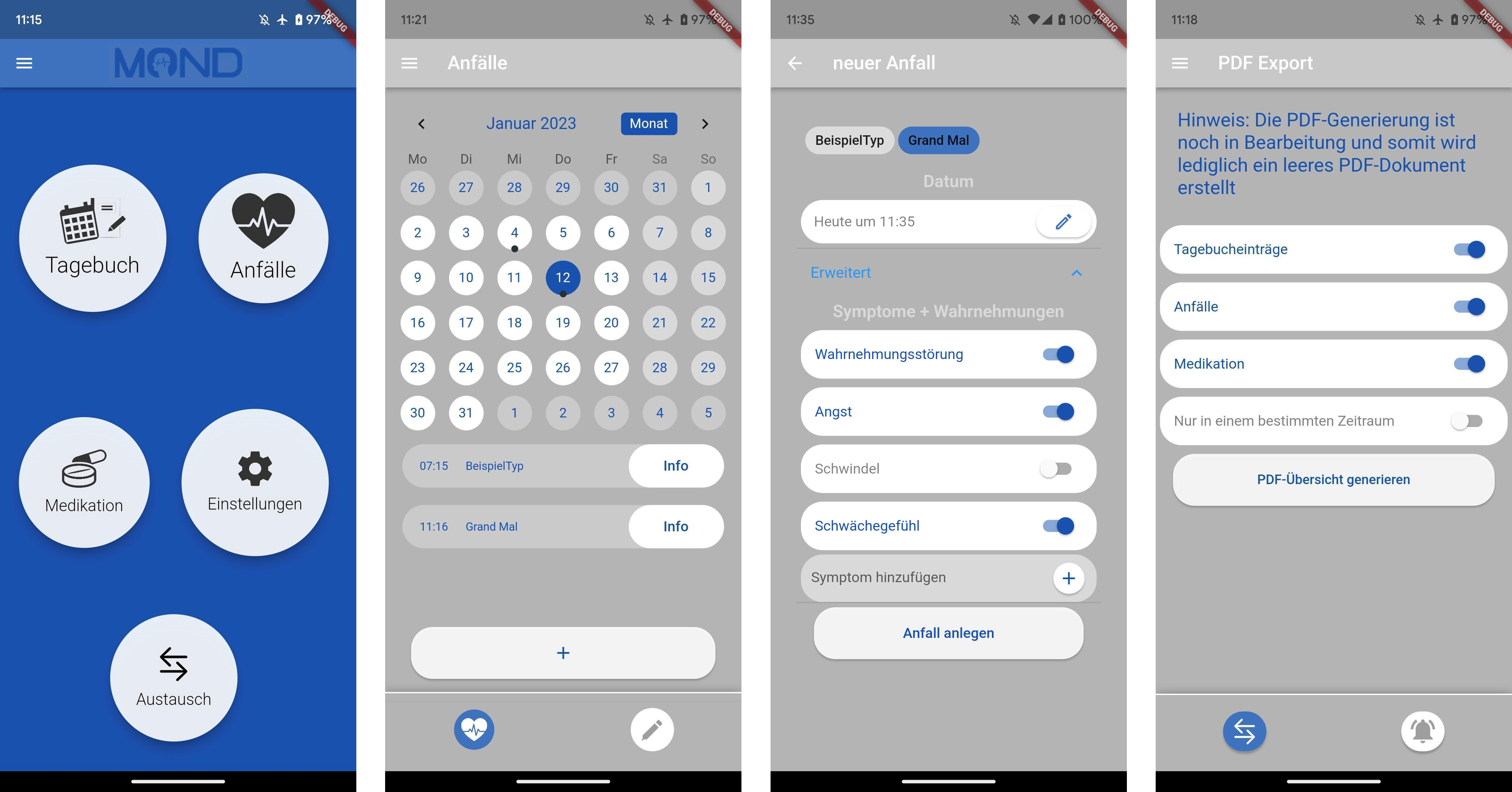Mobile, smart neurosensor system for the detection and documentation of epileptic seizures in everyday life
Epilepsy is one of the most common neurological diseases worldwide. Its characteristic symptom is recurrent epileptic seizures, which are very stressful for those affected. Recognizing and documenting epileptic seizures in everyday life is essential for individual therapy. Exactly recorded biosignals at the time of the seizure in everyday processes help in the classification of epilepsy disorders, in an optimal dosage of medication - or even in the development of systems for early warning. Despite intensive research, reliable detection of epileptic seizures with sensors suitable for everyday use is a major challenge. There is also a lack of digitally supported forms of care.
The challenge
In the "MOND" project, an AI-based sensor system for the automated detection of epileptic seizures in everyday life is being developed based on the results of the "EPITECT" project. Data acquisition is to be performed via ear-worn, mobile sensor technology, which, with particular focus, is also to enable mobile derivation of an electroencephalogram (EEG). An EEG represents electrical activities of the brain, so far mostly with the help of electrodes worn on the head. In addition to developing and testing the system, the project is also working on integrating it into the care process. The perspectives of technology, usability, process and data security of the embedding in clinical practice and health economics are taken into account.
 Fraunhofer Institute for Software and Systems Engineering
Fraunhofer Institute for Software and Systems Engineering
